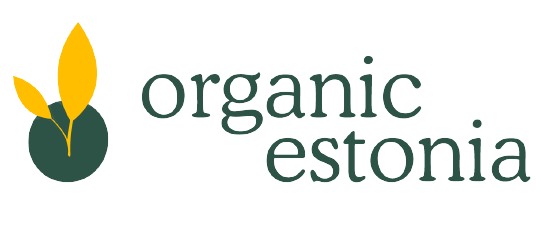PRESS RELEASE
#reducepesticideuse #beorganic
For organic and environmental organisations: the use of pesticides must be reduced by 50%
At the Organic Estonia initiative, Estonian organic and environmental organisations are calling for the Estonian public and agricultural producers to support organic economy and halve the use of pesticides by 2025. The aim of this effort is to emphasise the importance of organic production and to ensure that Estonian organic land would grow to represent 51% of the total land area.
The outreach project draws attention to the registration of new organic agricultural and forest land which runs until 12 April as well as the opportunity to start organic production. The applications for the collection of forest products can be submitted all year round. Organic agricultural lands and wild collection areas will be recorded in the organic register of Agriculture and Food Board and on the Land Board’s map of organic areas, thus jointly contributing to the global shift to green living: informing the public, farmers and chain stores about the importance of a clean environment and biodiversity for the health of all living organisms.

Krista Kulderknup, the CEO of Organic Estonia, said that in order to explain the spring information project, organic farming has been promoted in Estonia for 30 years. “Organic land represents about 23% of all agricultural land in use in Estonia today. This is very close to today’s European Union target of 25%. In order to produce more organic food and food that’s free of pesticide residue, it is necessary to maintain and increase the organic area. We must also urgently improve the capacity of organic production and the quality of raw materials. We want organic thinking and achieving the intended organic economy result to be a commitment for more than just a few enthusiasts. We want it to be the concern of a wider target group and the representatives of the state,” Kulderknup explained.

According to Kulderknup, the use of toxic chemical agents in Estonian agriculture has reached its highest level in history: “According to the research published by the Agricultural Research Centre in 2020, the number of pesticides per agricultural soil sample in Estonia has increased from 0.61 to 7 in 10 years. The research also indicates that mixtures of pesticides are often more toxic than individual chemicals.”
The organisations that have joined the initiative believe that it is important to reduce the use of toxic chemical agents in the environment and food.

Silvia Lotman, the nature conservation expert at Estonian Fund for Nature, said that Estonia has been blessed with lots of natural areas and our semi-natural grasslands and forests are mostly pesticide free. “We need to focus more on expanding the organic economy and supporting biodiversity in agricultural land. Every gardener and landowner can also contribute to supporting biodiversity and avoid the use of pesticides. It is wise to read the labels of products and to familiarise yourself with the practical tips to conserve nature for everyone. We have gathered such recommendations and educational videos from different organisations on the initiative’s joint website.”
The following organisations have joined the initiative:
MTÜ Organic Estonia
Estonian Fund for Nature
Estonian Green Movement
Estonian Council of Environmental NGOs
Estonian Biocirculation Association
Estonian Organic Farming Platform
Additional information:
Information on the registration of organic land: https://portaal.agri.ee/epm-portal-ng/esileht.html
More resources on organic economy, pesticides and conserving nature for everyone: https://organicestonia.ee/sundmus/mahekampaania-2021/

